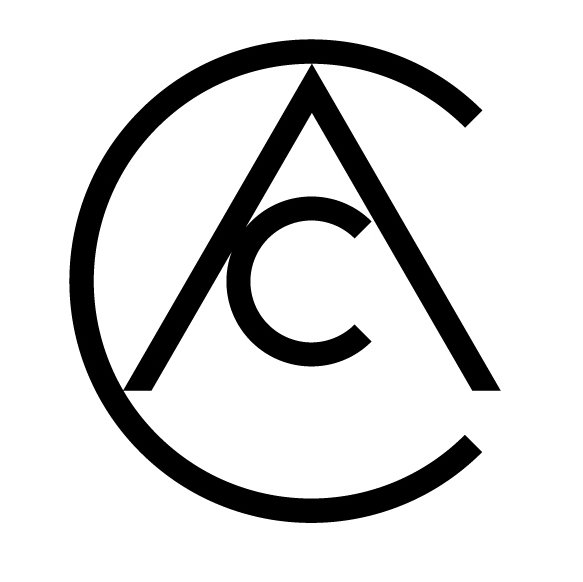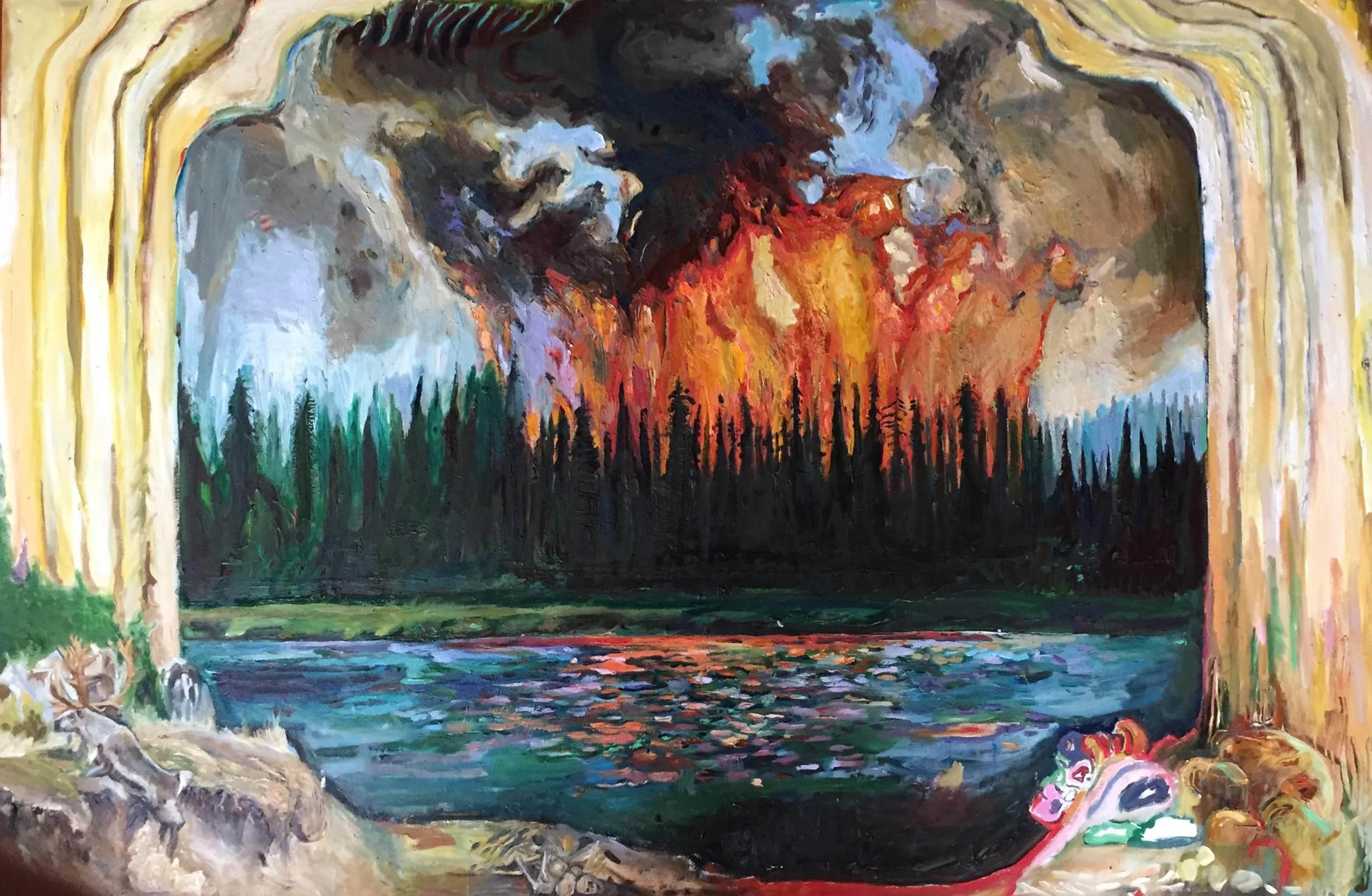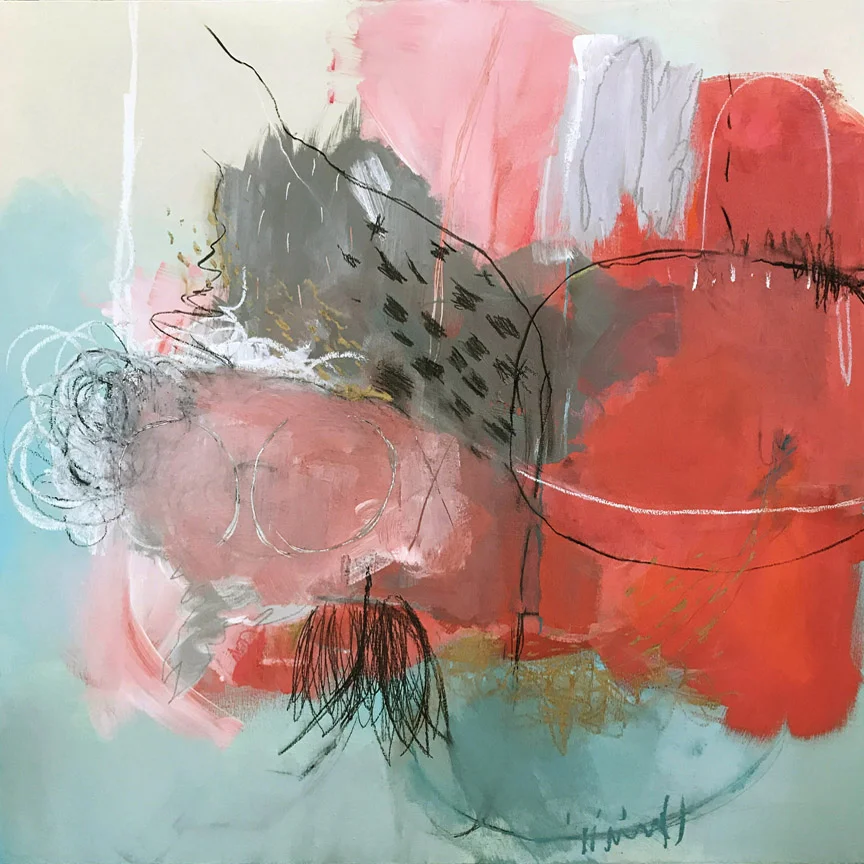Joelle Provost
Joelle Provost is a painter who has been steadily emerging into the American art scene over the past decade. Her works have been featured in the Zhou B Art Center in Chicago, ROOM art gallery in Mill Valley, & Spacewomb Gallery in Manhattan.
Carving her way through commissions, her works are featured in hundreds of private homes across the United States. She holds an MFA in Studio Art and Integrated Media from Brooklyn College. She has won several awards for her work including Most Outstanding Artist Award, University of California at Davis (2010), and the Charles G. Shaw Award, Brooklyn College (2014 and 2015). Provost has dedicated herself to using her art as a means for communicating issues of Environmental degradation and other problems of our modern world.
In her recent works Joelle searches for the tone of our distinct present, as she feels there is a hollowness that pervades.Her drawings keep in mind our environmental crisis and other modern dilemmas, in hope to find that which is still sacred. Often Joelle looks to recent past centuries to illuminate what charm existed then, with potential of transporting that same romantic spirit to our present. The objective through her works is to provide an authentic emotional account of our present, forgoing ideals of ascension to human perfection or attempts at avoiding current circumstances.
Honoring the Death of a Rodent on the Pavement
Archival Ink & Pen with fire on Watercolor Paper, 2017, 11x14”
Humans tend towards viewing a rodent as driven solely by primal needs, even though intelligence assessments on the rodent prove otherwise.
Innocent from the perils of consumer culture, the urban rat thrives off of dumpster food but goes relatively unnoticed. Skirting through the streets, survival is all that matters for the rat. A human has the capacity to love so much, but it seems as often as an animal is loved, one falls by the wayside. One might say “Oh, but this is simply a rat with a brain not much larger than a pea” But an ecosystem is a biological community of interacting organisms and their physical environment, by definition. When one part of an ecosystem is not well, then other parts of that ecosystem cannot function either.
Especially pertinent during a time of great climate disaster, this work aims to remind the viewer that species have suffered from displacement due to human impact well before recent decades. It is natural to fixate and prioritize one’s own species. But since every living entity on this planet has an emotive response to disasters, regarding humankind as the central or most important element of existence is an archaic thought process that needs to be shed if we aim to sustain life on earth at all.
Rats possess a mental ability called metacognition that is seen only in humans and some primates. They can use their keen sense of smell and hearing to detect landmines and bombs. They can even identify human sputum samples containing tuberculosis bacteria. Rats show signs of excitement, loss, stress and even remorse.
After the Flood
Archival Pen and Ink, 2017, 4’x12’
My aim in this particular work was to render our frequent cataclysmic disasters almost photo journalistically, but with hopes for a better future embedded within. The drawing is an amalgamation of several scenes post Hurricane Maria. Optimistic visual forecasts are implanted in this work amid the aftermath depictions, to leave the viewer with a fixation on regrowth. On the left of the flooded terrain is a lush and thriving grassy area where old vehicles have been abandoned. Flora and fauna flourish and bloom around the cars: as forces of good are revealed in times of chaos, now they prevail.
Here, through this visual affirmation for a better future, we return to a life that existed hundreds of years ago; we are forced to stick to our immediate surroundings, and find enough to cherish within a moderate radius of our own homes. Along the way, perhaps we could protect portions of the ocean and land that still remain sacred.
Tastes of Americana: Issues of Lumber
Archival pen and Ink on Watercolor Paper, 2017, 4’x6’
This drawing presents the notion of nostalgia for Americana.
It is difficult to measure how deeply embedded our attachments to capitalism are. For instance, an image of a logging truck may bring back fond memories of one’s childhood trip through the Pacific Northwest. Perhaps, too, our ancestors took pride in working for the American Dream in factories, post industrial revolution. But numerous aspects of the logging system have lasting negative effects on our environment, from disruption of forest soils which in turn reduce oxygen and water available to surrounding vegetation, to the impacts of road building effecting neighboring ecosystems. Somehow we must picture a large shift: we can still love a country if it doesn’t fail us. We can still love a country, but conditionally: if deeply rooted values of big industry are replaced by greener modes of operating rather than perpetuating the bleeding of our resources dry.
















